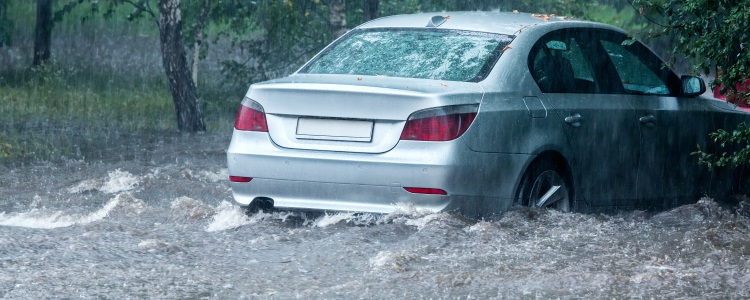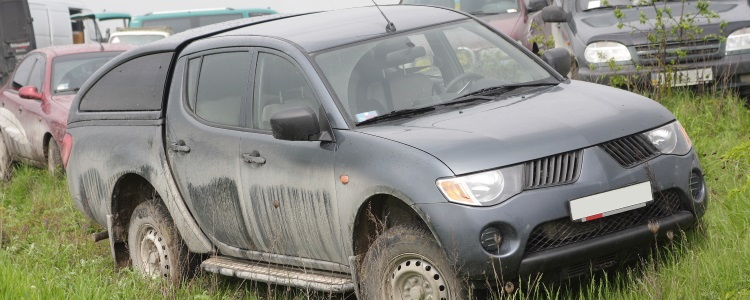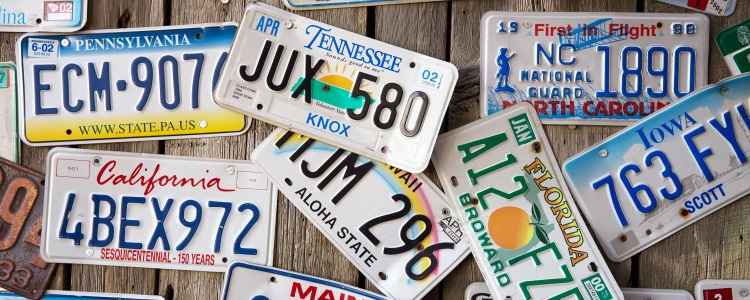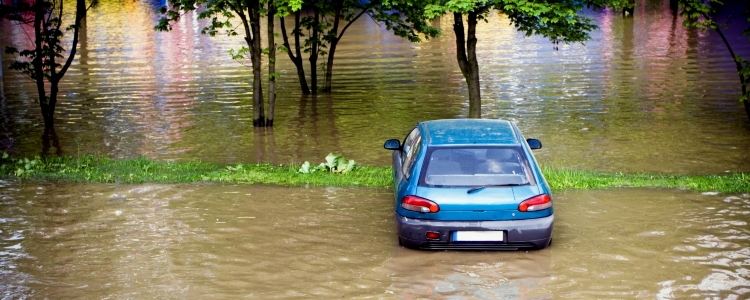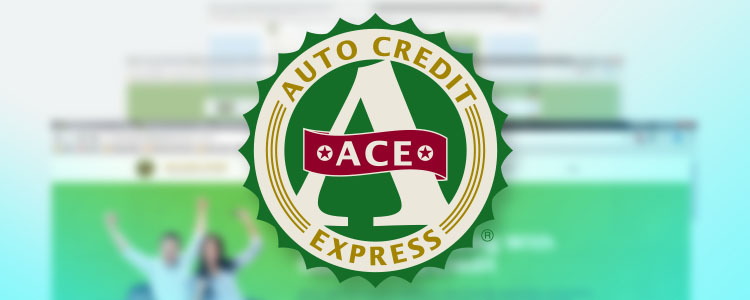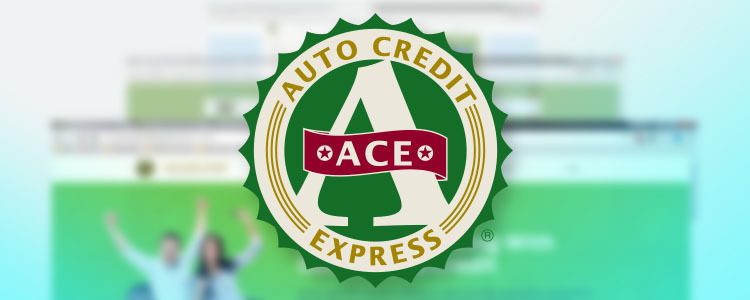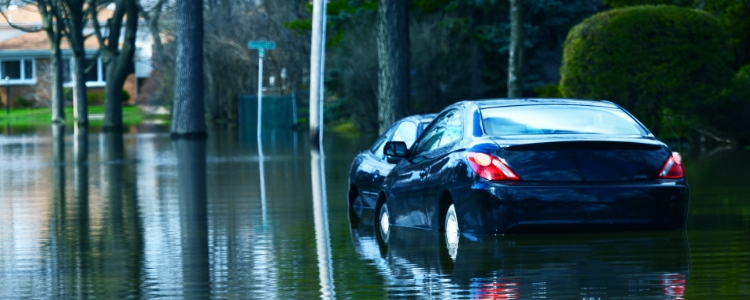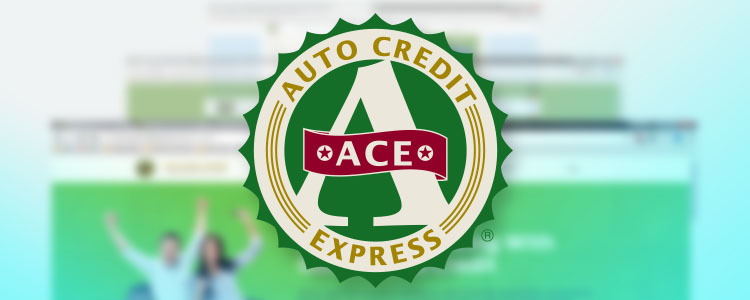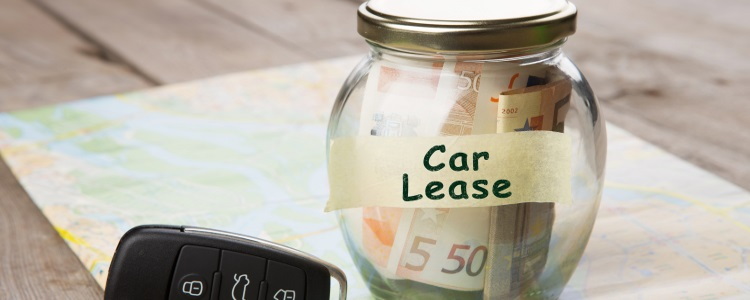Flood-damaged vehicles are best avoided because they typically can't be counted on in the long run. We offer up some tips to help you better recognize cars that have experienced flood damage.
Hurricanes Harvey and Irma and Flood-Damaged Cars
 Hurricanes Harvey and Irma and the resulting flooding have caused catastrophic levels of damage. Tens of thousands of vehicles were destroyed. Cox Automotive estimates that 300,000 to 500,000 vehicles may have been damaged by Harvey. They also believe 130,000 to 200,000 vehicles were lost during Irma's initial impact in southern Florida.
Hurricanes Harvey and Irma and the resulting flooding have caused catastrophic levels of damage. Tens of thousands of vehicles were destroyed. Cox Automotive estimates that 300,000 to 500,000 vehicles may have been damaged by Harvey. They also believe 130,000 to 200,000 vehicles were lost during Irma's initial impact in southern Florida.
Most people who lost their vehicles to flood damage will soon need another. In fact, new car sales have already begun to surge in the Houston area over the past few weeks as people find they really need transportation post-Harvey.
We urge anybody who needs a vehicle to not act too quickly, unless it's brand new. Thousands of vehicles suffered flood damage and some will inevitably end up for sale, and not just in and around the areas affected by the hurricanes. After both Katrina and Sandy, people discovered flood-damaged vehicles from those storms for sale all across the country.
These vehicles should be avoided, so you need to be careful and learn how to spot the signs of flood damage.
How to Spot and Avoid Flood-Damaged Vehicles
If you need a replacement vehicle after a flood-related disaster, it's better to be safe than sorry. Flood damage can cause lasting harm. Even if a car appears to be fine, it could be deteriorating rapidly below the surface. Car buyers should proceed with caution and follow these tips:
- Be Extra Careful - Keep an eye out for anything suspicious. If a dealer or private seller is trying to quickly sell you a vehicle at a bargain price, there might be a reason why. Insurance companies and law enforcement work hard to make sure all salvageable vehicles that were deemed a total loss are re-titled (clearly indicating it's been damaged). Unfortunately, unethical sellers try to scam consumers when these situations happen by trying to sell off flood-damaged vehicles with no disclosure of any previous damage. Watch out for anything suspicious and be careful about where and who you're buying your vehicle from.
- Know The Warning Signs to Look For - You need to take "kicking the tires" to a whole new level when trying to spot a flood-damaged vehicle. Carefully look for signs of water and debris (sand, dirt, silt, mud, etc.) EVERYWHERE with any car you are considering. Check all compartments in the interior, the trunk, underneath the seats, under the hood, underneath the car itself, the wheel wells, and anywhere else. Be on the lookout for rust, electrical components that don't work, corrosion, metal flaking, and musty odors.
- Check the Vehicle History Report and VIN Number - Vehicle history reports give detailed overviews that track important things, including title status, past title branding, and registration history. It's important to get one for any used car you are considering and to carefully look it over. Both Experian's AutoCheck and CARFAX offer some of the best vehicle history reports. In fact, CARFAX made its flood damage database free to the public in response to Harvey, so make sure to check it out. We would also recommend that you use the National Insurance Crime Bureau VINCheck program, which is free to the public at www.nicb.org/vincheck. This system gathers data from insurance companies on whether a car has ever been declared a total loss based on its vehicle identification number (VIN). If you notice any sign that the vehicle has been in a flood, or anything else suspicious, it's probably for the best if you move on.
- Go on a Test Drive - If a vehicle passes the eye test and a history check, you should take it for a test drive. If you haven't already, make sure to test all of the buttons, switches, electrical systems, etc. Try to listen for any abnormal grinding or squealing noises, and make sure to test it out at varying speeds.
- Have It Inspected by a Professional - Finally, you absolutely should take the car in for a pre-purchase inspection with a reputable mechanic. Try to use one that is ASE-certified and/or you have an existing relationship with. A trained eye should have no trouble spotting signs of water damage that you may have missed.
Car buyers, especially those around the areas affected by the hurricanes, need to be extra careful over the next few weeks and months. Following these tips will help you avoid getting stuck with a flood-damaged vehicle.
Helping You Find Financing
Whether you lost your vehicle to water damage or just need a car loan, Auto Credit Express helps buyers dealing with credit problems find financing. We are teamed up with one the nation's largest networks of special finance car dealerships.
If you are struggling to get approved for an auto loan, we can connect you with a local dealer that specializes in helping people with credit issues purchase cars. Get the process started by filling out our free and easy car loan request form today.

